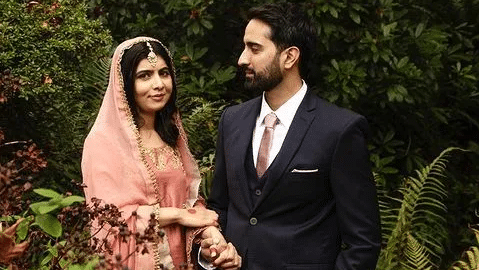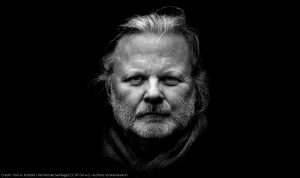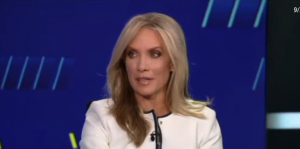Malala Yousafzai,
the Pakistani Nobel Peace Prize winner who married her partner Asser Malik
recently, said that while she had had concerns about marriage, she is lucky to
that her husband understands her values, during an interview with the BBC on
Sunday.
The 24-year-old
activist announced her wedding to Pakistan Cricket Board member Asser Malik on November
9 in a low-key ceremony in Birmingham. “I had concerns about marriage and that
is true for many girls around the world who have seen reports about child marriage
and reports about forced marriage,” she said at the interview.
Also Read | Who is Malala Yousafzai’s husband Asser Malik?
“Imbalance of
power and how girls and women make more compromises that men and how a lot of
these customs are influenced by patriarchy and misogyny, so you have to
question the systems we’re living in and you have to question the status quo,”
the education activist said.
Eyebrows were raised
after Malala announced her wedding because barely months ago the young activist
had told the Vogue that she did not understand why people get married.
“I still don’t
understand why people get married. If you want to have a person in your life,
why do you have to sign marriage papers, why can’t it just be a partnership?”
However, in the same interview said, “My mum is like, ‘Don’t you dare say
anything like that! You have to get married; marriage is beautiful.”
In the interview,
Malala also spoke about the developments at the UN climate change conference —
COP26 — that concluded in Glasgow.
Malala said that
every year four million girls are at risk of losing their education, and that’s
related to the climate events like floods and droughts.
Malala Yousafzai
gained global recognition in 2012 after she was shot in the head by members of
Pakistan’s Taliban for campaigning for the right of women to pursue and
education. Two years later, she was awarded the Nobel Peace Prize as a
recognition for her efforts to promote education for children. She shared the
prize with Indian child rights activist Kailash Satyarthi.







